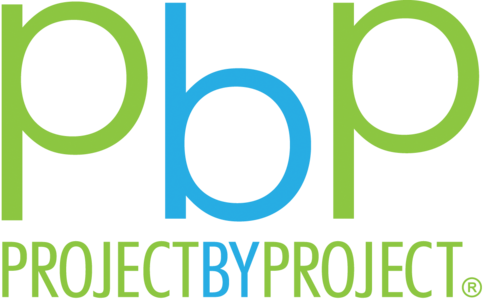PbP Planting a Greener Future Blog Series #3: WATER CONSERVATION
This post is written by Nicholas Ryu from the PbP-LA Fundraising Team. Nicholas is an urban planner currently working at the LA Mayor’s Office of City Services.
If you live in Los Angeles or anywhere on the West Coast, then you are probably accustomed to public messaging campaigns about ongoing periods of drought and the need to conserve water.
Our previous drought started and lasted for four years (the 2013-2014 rain season was the seventh driest year in LA, which led to Los Angeles having to increase imported water by over 80%). Municipal leaders led a campaign for Californians to conserve water, which included a wide range of actions from replacing outdoor lawns with drought-tolerant plants to retrofitting buildings with water efficient appliances.
While we survived that drought period, we are currently in the midst of another drought. Water sources from the Sierra Mountain annual snowpack to Lake Mead to the Colorado River are at record-breaking low levels. In April 2021, Governor Newsom declared an emergency water proclamation in parts of Northern California. As of last month, 50 out of 58 counties across the State are in a statewide drought declaration and mandate to conserve water. And this is probably just the beginning of this drought period.
I know it’s confusing to understand when we are in a drought, but there are two important things to remember.
Periods of drought are exacerbated by a changing climate largely due to human activity. While we may have a rainy winter one year, that is no guarantee that the next year will also bring rain.
Those living on the West Coast should acknowledge that periods of drought and the need to conserve water is our “new normal”, and we should lead by example when it comes to living in areas that need to be water-wise.
Despite the doom and gloom, don’t fret just yet. There are plenty of actions that you all can do to help conserve water and ensure a water resilient future for us all.
Remember that it takes all of us to do our part to create a sustainable future, so go out there and conserve water. Here are 3 ways to take action.
1. Lobby Your Governmental Leaders. Whether you are politically involved or not, you are represented by your government from the local, state, and federal level who make policy decisions, create budgets, and implement projects that conserve water and increase local water resources. Contact them to learn more about what they’re doing and show support. If there was no lobbying or activism, then the State’s recent additions of millions of dollars to the multi-year state drought resilience budget package wouldn’t have been made…so don’t ever think your actions don’t matter.
2. Support Local Water Infrastructure Projects. Water infrastructure projects help ensure that you have a local steady water supply for your daily needs. The climate crisis and need to conserve water is very real, and cities and utilities are continuing to expand and utilize spreading grounds, green medians, dry wells, purification tanks, and wastewater treatment plants to capture stormwater, recycle wastewater, and purify water for drinking standards. The LA County’s Safe Clean Water program allocates funding to projects that increase stormwater capture while also providing other public benefits, and heavily consider community support. One important lesson I’ve learned in my public service career is that stakeholder engagement matters, so be on the lookout for ways to educate yourself about your local water infrastructure projects.
3. Take Personal Action to Conserve Water - While the first two suggestions seem bureaucratic and technical, changing your lifestyle and behavior doesn’t have to be. There are lots of ways that you can upgrade your building with water efficient appliances to remain vigilant of ways to both passively and actively conserve water.
Take advantage of water conservation and efficiency rebates, from $3 per square foot turf replacement rebates or $85 high efficiency clothes washer rebates from your local utility to free showerheads and faucet aerators in your bathroom and kitchen.
Install rain barrels (where appropriate) to capture rainwater for irrigation in your garden or backyard.
Participate and listen to messaging water conservation education campaigns whether it's free landscaping workshops or sharing messages about LA’s Save the Drop campaign to your parents, friends, and neighbors.




